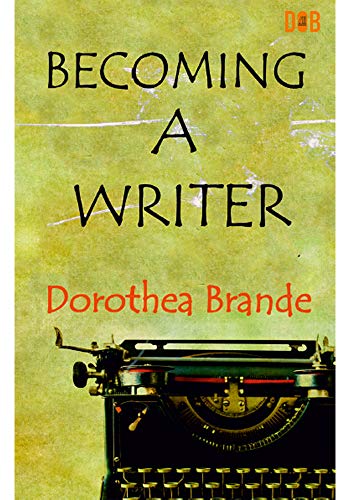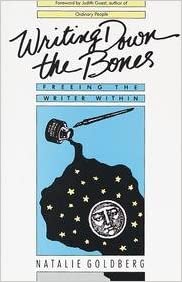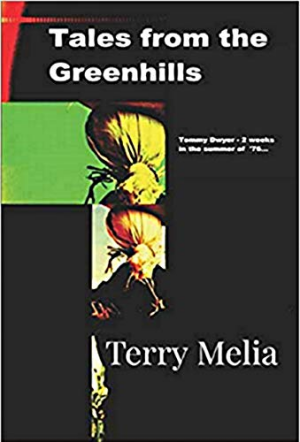A kind hearted soul read my LinkedIn profile and offered assistance.
I read through his suggestions and thanked him. The Samaritan’s suggestions are based on his belief that I must want a job. He has this belief because he wants (and just got) a job.
I have no such desire. In fact, I actively tell people I’m not for hire. If they insist, I quote my fees. They are considered high. They are high because I don’t want to return to the life I led before authoring full time.
Quoting those fees puts a stop to them.
But let me blend my past and present professions for a bit. A standard problem in marketing is not understanding the audience. Unless you’re in the target audience your opinions don’t matter. Funny that this is also a standard problem in writing workshops and critique groups: unless you’re familiar with the genre don’t critique the storytelling, critique the storycrafting.
In marketing, critique what will cause desired consumer behaviors and actions. If you’re not in the audience for the types of sneakers your client is selling, don’t critique the sneakers, critique how the sneakers are presented.
But let’s go over the Samaritan’s highlights…
Well you started by saying you think you’re boring and dull. Who wants to hire someone like that?
Well…no one, I hope. That’s why I wrote it that way.
You then say your friends would say otherwise- so you’re not boring and dull, but you think you are.
I explain my penchant for self-description in Inside the Worlds of Joseph Carrabis, author of The Augmented Man. I have no desire to be around someone who self-describes as exciting, thrilling, et cetera.
Do you like to be around people who self-describe as thrilling, exciting, et cetera? Really? I like rollercoasters. Watching them. I like space-diving. Watching it. I’ve had enough adrenaline pump through my veins in my life. Now, a warm fire, a good single malt, feeling my wife’s hand in mine, playing with our dog and cat, these are exciting and thrilling enough for me.
Want me to advise you on being thrilling and exciting? That I can do. If you’d like. I charge a lot, though.
Besides, who you going to believe about me? I may have an overblown ego (can you say “self-aggrandizing behavior”? Can you say “lying about yourself”? Can you say “They looked good on paper”?). You wouldn’t be able to trust any self-referencing statements I make.
But lots of other people who say roughly the same things about me? Even if it’s 180° different from what I say?
In the world I came from, that would be considered market research. It’s a must for success in business. Probably in life, too, although few would call it market research, me thinks.
Let me give you an example. Long ago I mentioned I’d done “a little research” on something. Most of the people in the room politely smiled. Most of the people in the room dismissed me. One person asked, “What’s a little research, Joseph?”
“Not much. About fifteen years so far.”
Back to my Good Samaritan
That makes it seems like you’re not confident in yourself and might not be confident in your work.
There’s a fascinating phenomenon known by most people in the psych fields as “If I am a thief then you must steal.” It means people apply their own filters to others. If the Samaritan started with “I consider myself boring and dull” he’d do it because he has no self-confidence.
Me?
I do it because I don’t want to be bothered. I know what exciting and thrilling is and don’t qualify.
At the end you have a bit about the “don’t buy into the boring and dull line,” but employers aren’t looking for your life story- they want something quick and snappy or they’ll move onto someone else.
I can but hope. An employer not doing due-diligence on an employee commensurate with the position they want to fill is an idiot. A quick and snappy review of my credentials ain’t gonna happen. If I come up in a search for something “quick and snappy” then either the search algorithm is crap or the person doing the search is an idiot. Anybody wanting “quick and snappy” will hit my profile like a wall and quickly and snappily move on.
To which I reply, “Success!”
Check out my about section- it’s short, it’s to the point, and most importantly it allows people to finish it and move onto my experience. You’ve got a good deal of employment, but people scared off by a big wall of text won’t get that far.
But you, Good Samaritan, did. (and wait, there’s more)
…but on LinkedIn, you’re competing with other people. If it’s between someone who says “I’m the best person in the world” and someone who says “I think I’m boring” to get the job, they’re going to go for the vain, slightly annoying person, because they’ll give that one a chance to show they’re not full of it.
Fascinating and I suspect my Good Samaritan won’t last long in a recruitment position. The vain, slightly annoying person is going to annoy co-workers, customers, managers, …, they’ll probably be high-maintenance and an HR headache.
Give me the boring and dull person. Provided they have the background, credentials, references, et cetera.
My Good Samaritan offered a rewrite:
“I’m a master storyteller with a sharp sense of humor. I work to aid businesses in promoting top level research as well as multicultural understanding in my field. In my free time I write speculative fiction and conclusive nonfiction, and aim to help others follow their bliss every day.”
Fascinating Deux. He’d have to read my entire LinkedIn profile to get some (and not all of that) and then read through some of my blog posts and/or google me.
About half an hour after his first message came in, I received:
I just saw that you’ve got great reviews on Amazon- that should be a starter. You barely even mention that to start out, I’m a published author on Amazon with a 5* rating is immediately impressive.
And a half hour after that:
… one click away shows you know what you’re doing with your writing because you have 5* reviews on Amazon. I’m a published writer. Click. Bam. There it is, people can see you have books for them to purchase, right now.
In all cases, my “boring and dull” line made him work to find out more about me.
Let me emphasize that: My “boring and dull” line made him work to find out more about me.
Well, not quite. It’s my “boring and dull” line juxtaposed with other people’s opinions of me. People don’t like confusion. Minor confusion they’ll investigate. Major confusion they’ll back away from.
The “more” you’re waiting for
First, I completely agree that I’m not going to get called in for lots of “quick and snappies.”
That noted, I did get under my Samaritan’s skin. More appropriately, I got into his head. I stayed there long enough for him to do lots of research on me. Chances are I’m going to stay in his head for a good long time simply due to the effort he put in researching me.
That happens a lot. I don’t get lots of requests from people – my profile causes major confusion to people seeking quick and snappy. The requests I do get demonstrate come from people already convinced I can help them – they solved their minor confusion.
They’ve done their due-diligence.
My work here is done.



